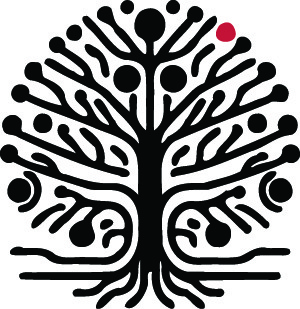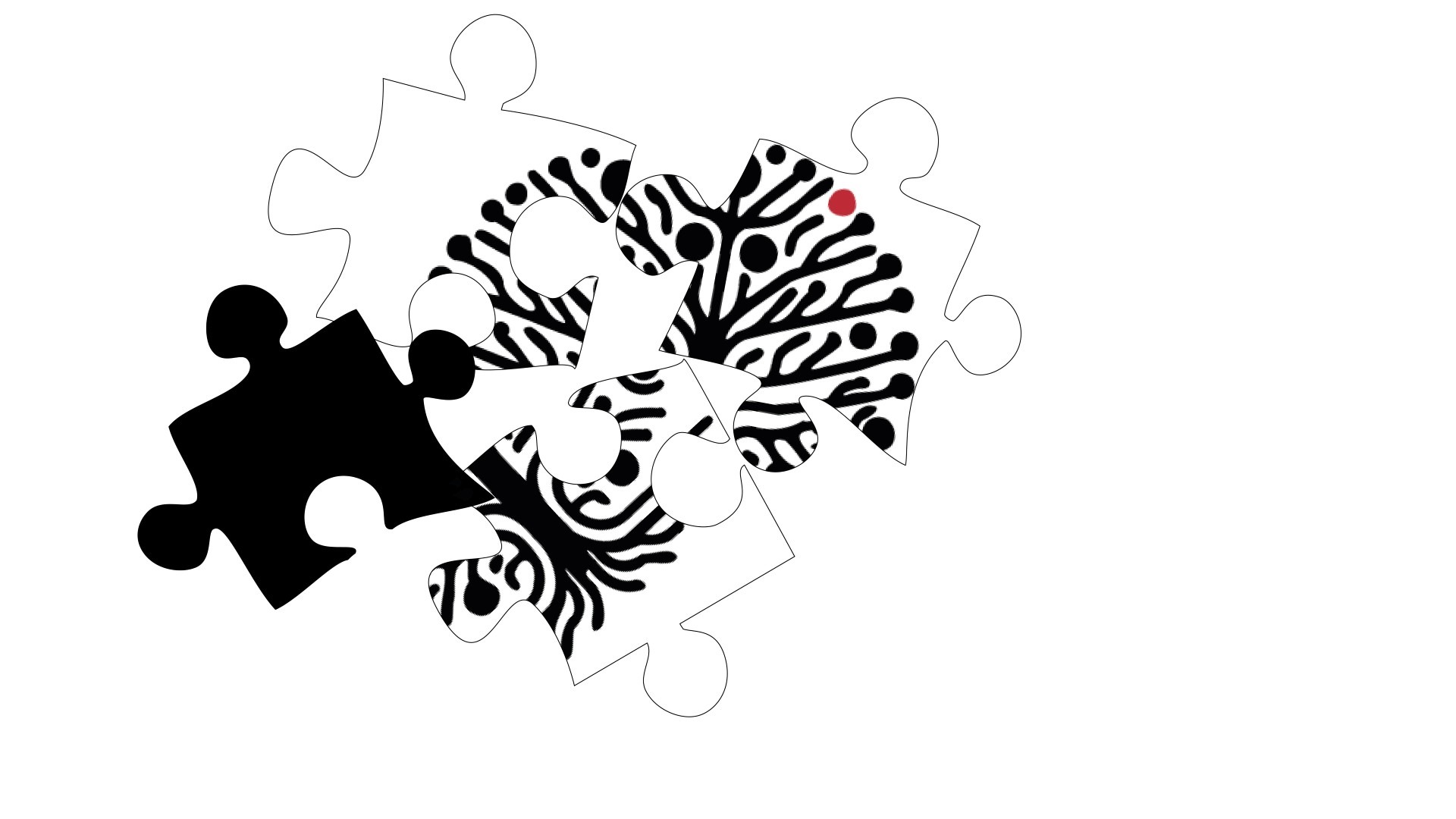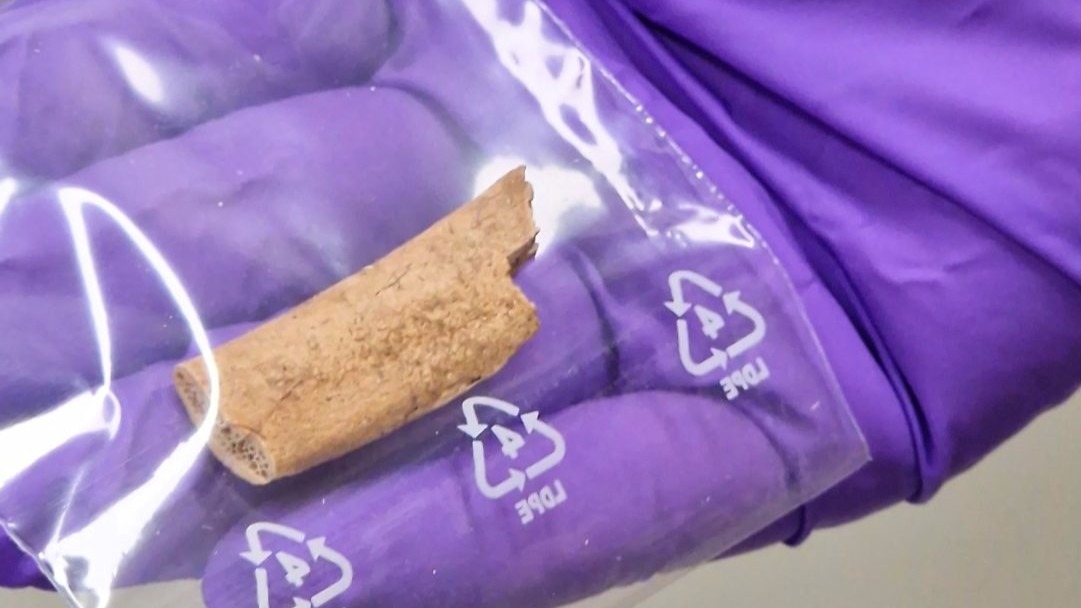

Our colleague, Axel Palmér has just published a book Indo-Slavic Lexical Isoglosses and the Prehistoric Dispersal of Indo-Iranian.
Axel I. Palmér, Ph.D. (2024, Leiden University), is currently a Human Past Junior Fellow at the Swedish Collegium for Advanced Study (SCAS) in Uppsala, Sweden. His research focuses on the origin and development of the Indo-European languages in prehistory.
During the past decade, the ancient DNA revolution has had a massive impact on the scholarly debates on the origins and dispersals of language families. Now, linguists are asking the question: does linguistic and genetic evidence paint the same picture of the human past? This book sheds new light on an old hypothesis on the relatedness of Indo-Iranian and Balto-Slavic languages, by studying unique lexical correspondences of these branches. It argues that their common Indo-Slavic origin supports an emerging picture based on ancient DNA, which shows a genetic relationship between prehistoric populations of Eastern Europe and Central Asia.
The book, in a in series: Leiden Studies in Indo-European, Volume: 26, is freely available for downloading from Brill.com. It would be of interest for (Indo-European) historical linguists, (Bronze Age) archaeologists, and geneticists working on Eurasia, as well as students of the same elds, both post-graduate and under-graduate.
Congratulations, Axel!



